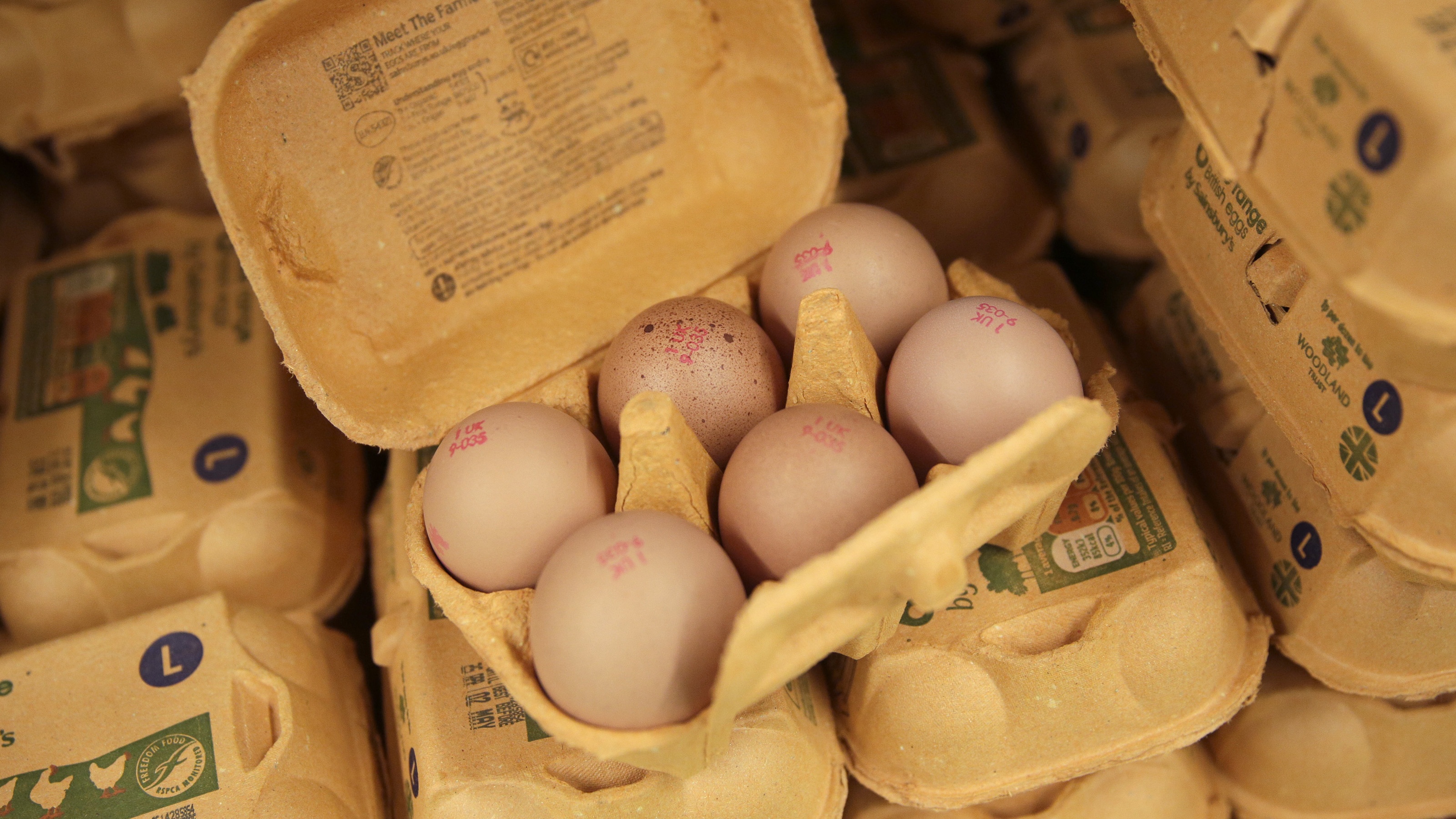Why are supermarket sales flat?
Brexit, fears of recession and price rises blamed for weak data

A free daily email with the biggest news stories of the day – and the best features from TheWeek.com
You are now subscribed
Your newsletter sign-up was successful
Supermarket sales have failed to climb this summer despite record temperatures in July, according to new industry data.
The sector enjoyed sales of £26.9bn for the 12 weeks to 11 August - little changed from the same period last year when the football World Cup and heatwave offered them a boost.
The big four supermarkets all suffered a drop, as discounters Aldi and Lidl continued to “gnaw at their market share,” says Sky News.
The Week
Escape your echo chamber. Get the facts behind the news, plus analysis from multiple perspectives.

Sign up for The Week's Free Newsletters
From our morning news briefing to a weekly Good News Newsletter, get the best of The Week delivered directly to your inbox.
From our morning news briefing to a weekly Good News Newsletter, get the best of The Week delivered directly to your inbox.
Asda, which faced a decline of 1.5%, warned as recently as last week that its shoppers were being hurt by Brexit uncertainty.
A survey of UK households by IHS Markit released earlier this week found that consumer confidence was at a three-month low due to fears of a possible recession.
However, the head of retail and consumer insight at Kantar, Fraser McKevitt, blamed the weather and price rises for the supermarket's flat performance.
The data specialist said: “The memory of last year still looms large for retailers and this summer's comparatively poor weather, combined with low levels of like-for-like price rises, have made growth hard to find for retailers.”
A free daily email with the biggest news stories of the day – and the best features from TheWeek.com
Not even July’s hottest day on record was enough “to shift the market into growth,” he added.
Sales at Tesco fell by 1.6% and Morrisons saw a 2.7% decline. In contrast, sales at Aldi rose 6.2% while Lidl climbed by 7.7%.
-
 6 exquisite homes with vast acreage
6 exquisite homes with vast acreageFeature Featuring an off-the-grid contemporary home in New Mexico and lakefront farmhouse in Massachusetts
-
 Film reviews: ‘Wuthering Heights,’ ‘Good Luck, Have Fun, Don’t Die,’ and ‘Sirat’
Film reviews: ‘Wuthering Heights,’ ‘Good Luck, Have Fun, Don’t Die,’ and ‘Sirat’Feature An inconvenient love torments a would-be couple, a gonzo time traveler seeks to save humanity from AI, and a father’s desperate search goes deeply sideways
-
 Political cartoons for February 16
Political cartoons for February 16Cartoons Monday’s political cartoons include President's Day, a valentine from the Epstein files, and more
-
 Can the UK avoid the Trump tariff bombshell?
Can the UK avoid the Trump tariff bombshell?Today's Big Question President says UK is 'way out of line' but it may still escape worst of US trade levies
-
 Five years on, can Labour's reset fix Brexit?
Five years on, can Labour's reset fix Brexit?Today's Big Question Keir Starmer's revised deal could end up a 'messy' compromise that 'fails to satisfy anyone'
-
 Why au pairs might become a thing of the past
Why au pairs might become a thing of the pastUnder The Radar Brexit and wage ruling are threatening the 'mutually beneficial arrangement'
-
 Brexit: where we are four years on
Brexit: where we are four years onThe Explainer Questions around immigration, trade and Northern Ireland remain as 'divisive as ever'
-
 Is it time for Britons to accept they are poorer?
Is it time for Britons to accept they are poorer?Today's Big Question Remark from Bank of England’s Huw Pill condemned as ‘tin-eared’
-
 The UK’s Christmas egg shortage
The UK’s Christmas egg shortagefeature Supermarkets blame bird flu but farmers say unfair buying practices are driving them out of business
-
 Is Brexit to blame for the current financial crisis?
Is Brexit to blame for the current financial crisis?Talking Point Some economists say leaving the EU is behind Britain’s worsening finances but others question the data
-
 Labour shortages: the ‘most urgent problem’ facing the UK economy right now
Labour shortages: the ‘most urgent problem’ facing the UK economy right nowSpeed Read Britain is currently in the grip of an ‘employment crisis’